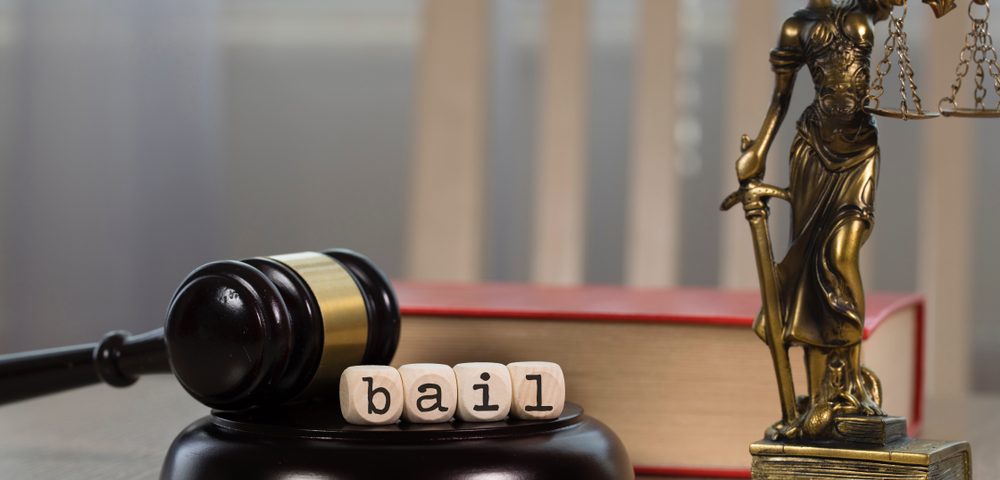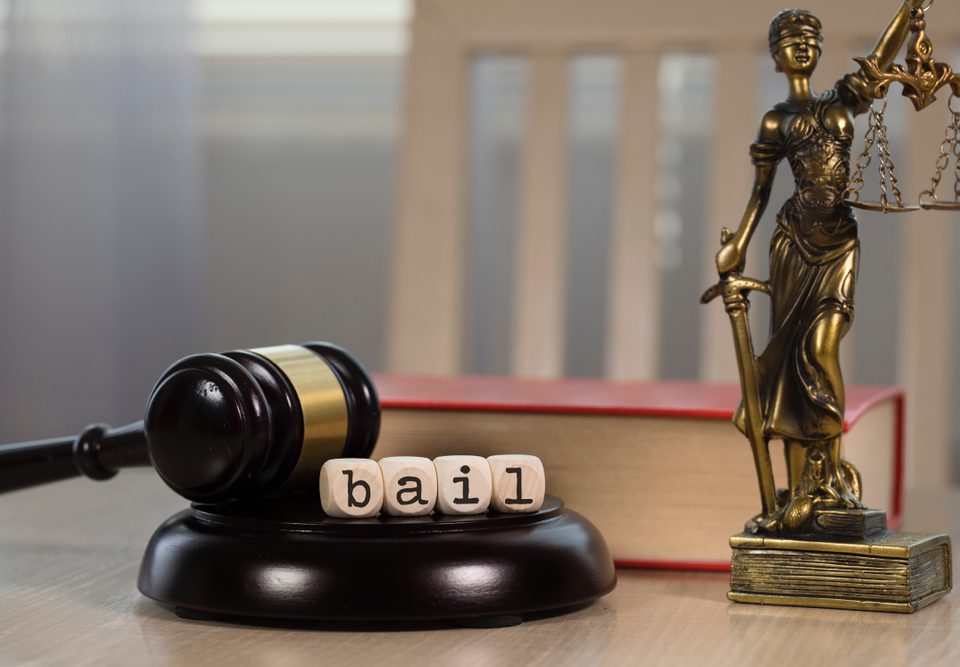- Serving All Utah Jails and Nationwide Jails for over 40 years
Bail Vs. Pretrial Release: Judge Factors Considered

Bail Vs. Pretrial Release: Basics and Jurisdictions
January 1, 2021
General Jail and Bail Bond Tips: Phone, Research and Patience
February 5, 2021In part one of this two-part blog series, we went over some basics on comparing bail and bail bonds to the pretrial release system. While bail is technically one form of pretrial release, the two are generally discussed separately, with the latter referring to either conditional or non-conditional release variables that are not monetary in nature.
At Beehive Bail Bonds, we’re proud to offer 24/7 bail bond services to all our clients, plus expertise on the entire jail release system from top to bottom. What are some of the other qualities that typically separate bail from pretrial release conditions, and what are the factors judges will consider when determining which category a given defendant should fall under? Here are some more important pieces of information to digest.
Conditional Vs. Non-Conditional Release
As we noted in part one, pretrial release can refer to either conditional or non-conditional release of a jailed defendant per a judge’s orders. The defendant will still have to return for their scheduled court date as one mandatory condition here, and another is that any defendant released in this method does not commit any further crimes ahead of their court date.
From here, numerous other provisions or requirements may be placed on the defendant by the judge to secure their release. As we noted in part one, bail money is technically one of these; but in more common pretrial circumstances, conditions may include things like living with a family member, holding a job or not being allowed to operate a vehicle. This will depend largely on the discretion of the judge and the pertinent factors involved with both the case and the history of the defendant.
Factors Considered
Judges consider several factors while making decisions about awarding bail or pretrial release to defendants:
- The nature of the crimes accused (some will not allow any release at all if they are severe enough) and perceived threat to the community
- Defendant’s employment and residency status
- Defendant’s family and personal criminal history
- Defendant’s mental health and any issues like substance abuse
- Defendant’s punctuality in previous court appearances
Community Benefits
In many cases, judges will look for ways to levy pretrial requirements – either monetary or otherwise – that keep the community’s best interests in mind. For instance, a repeat offender for a crime like dealing drugs might actually be given heavily restrictive pretrial requirements like seeing a government officer regularly and maintaining residence with a guardian family member – this is because for such an individual, simply allowing them jail release in exchange for some money is a far less desirable option for the community. Meanwhile, there are other cases where requiring bail will also be beneficial to both the defendant and community.
For more on bail and pretrial release, or to learn about any of our bail bond agents, defense attorney recommendations or other services, speak to the staff at Beehive Bail Bonds today.




